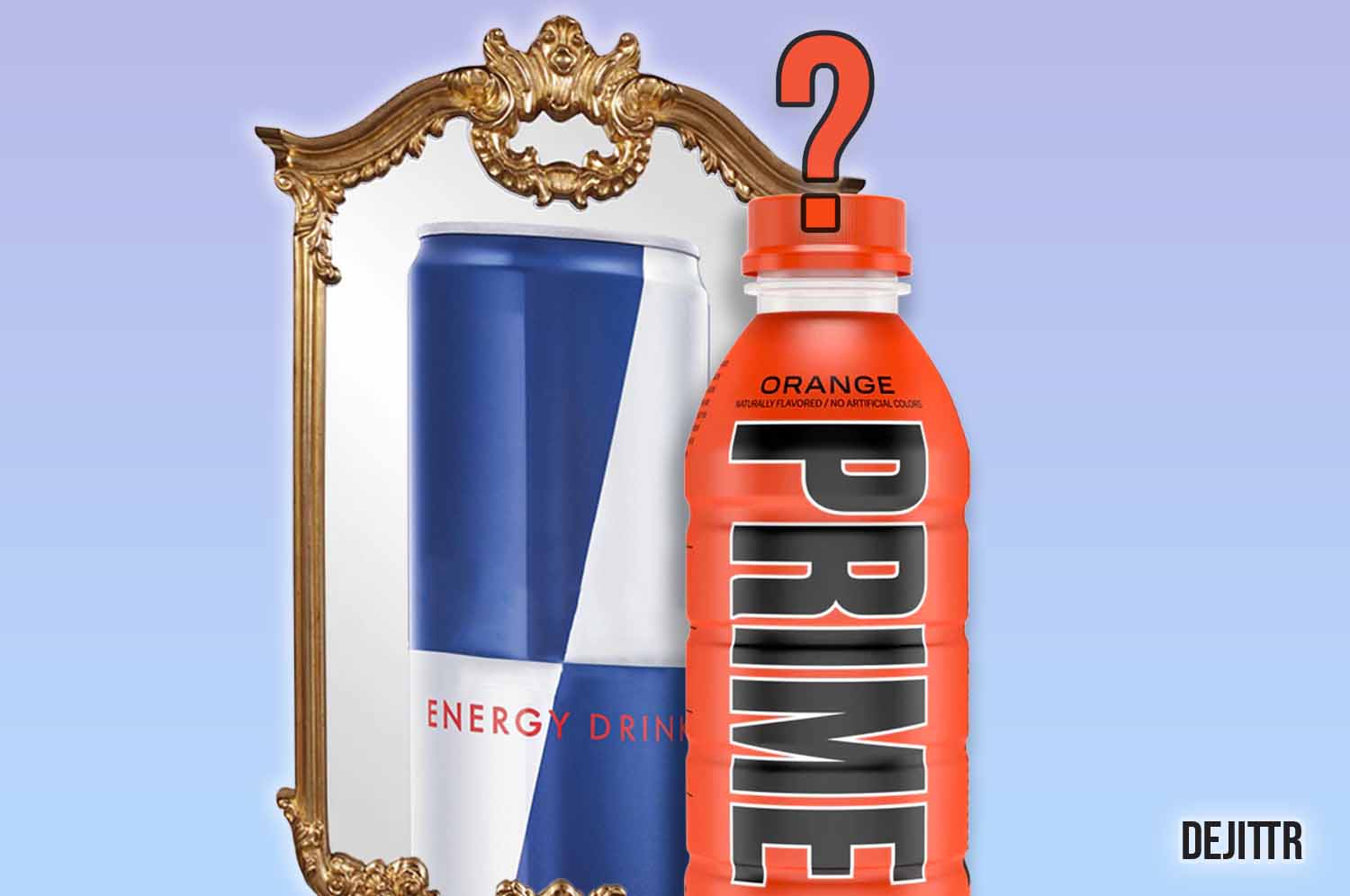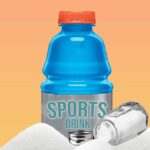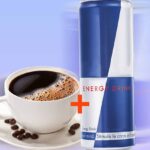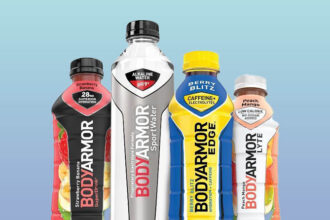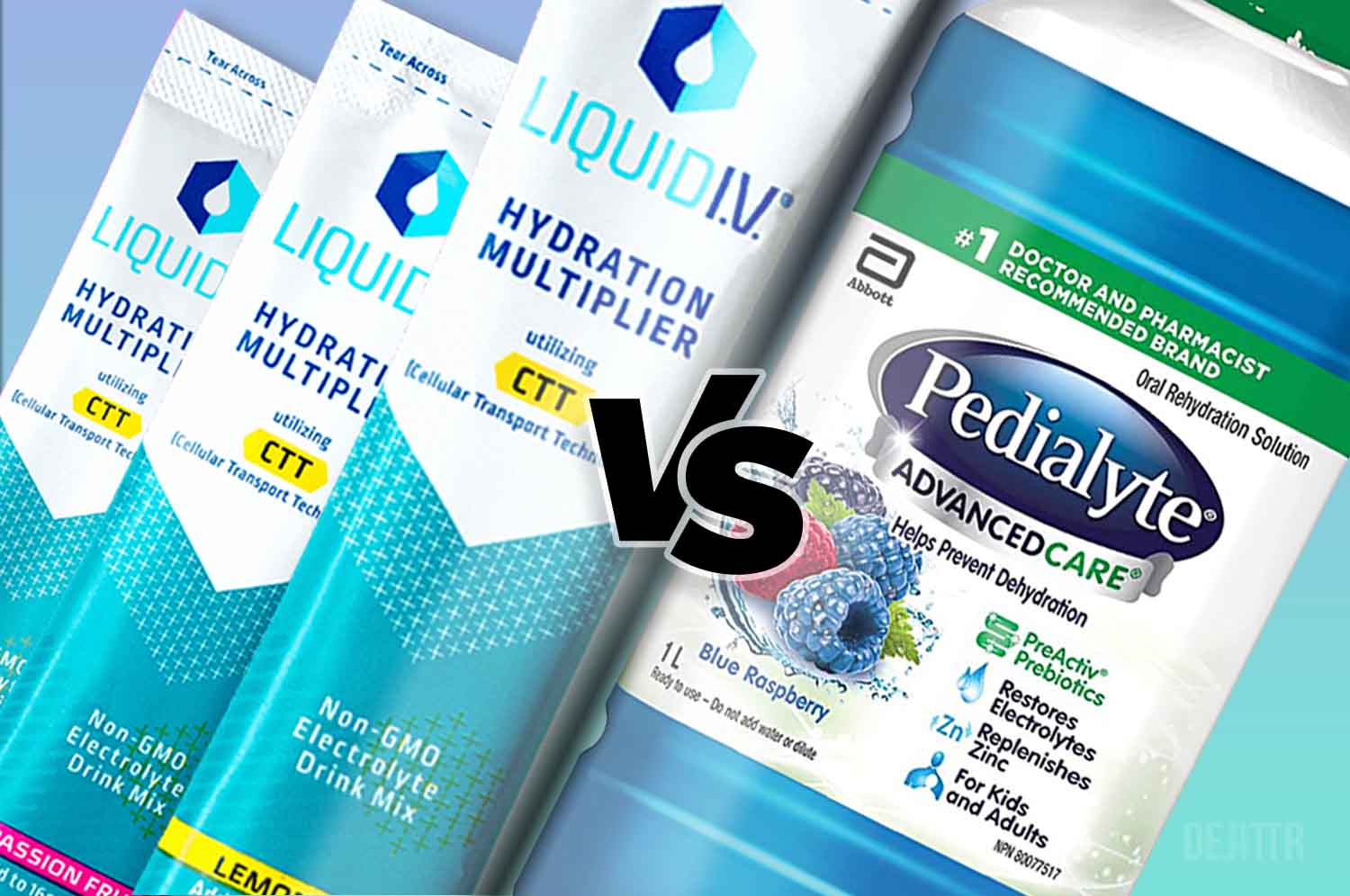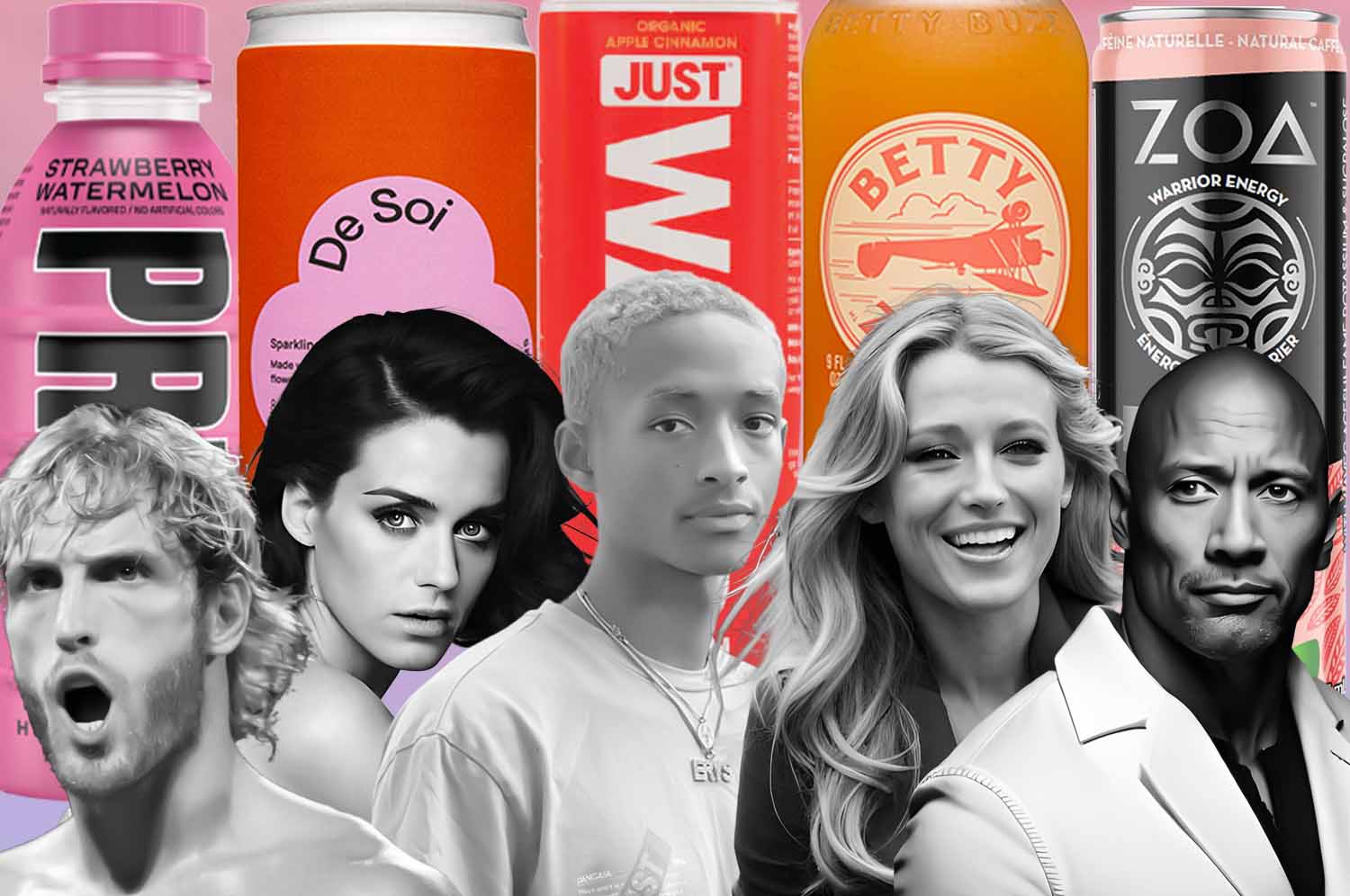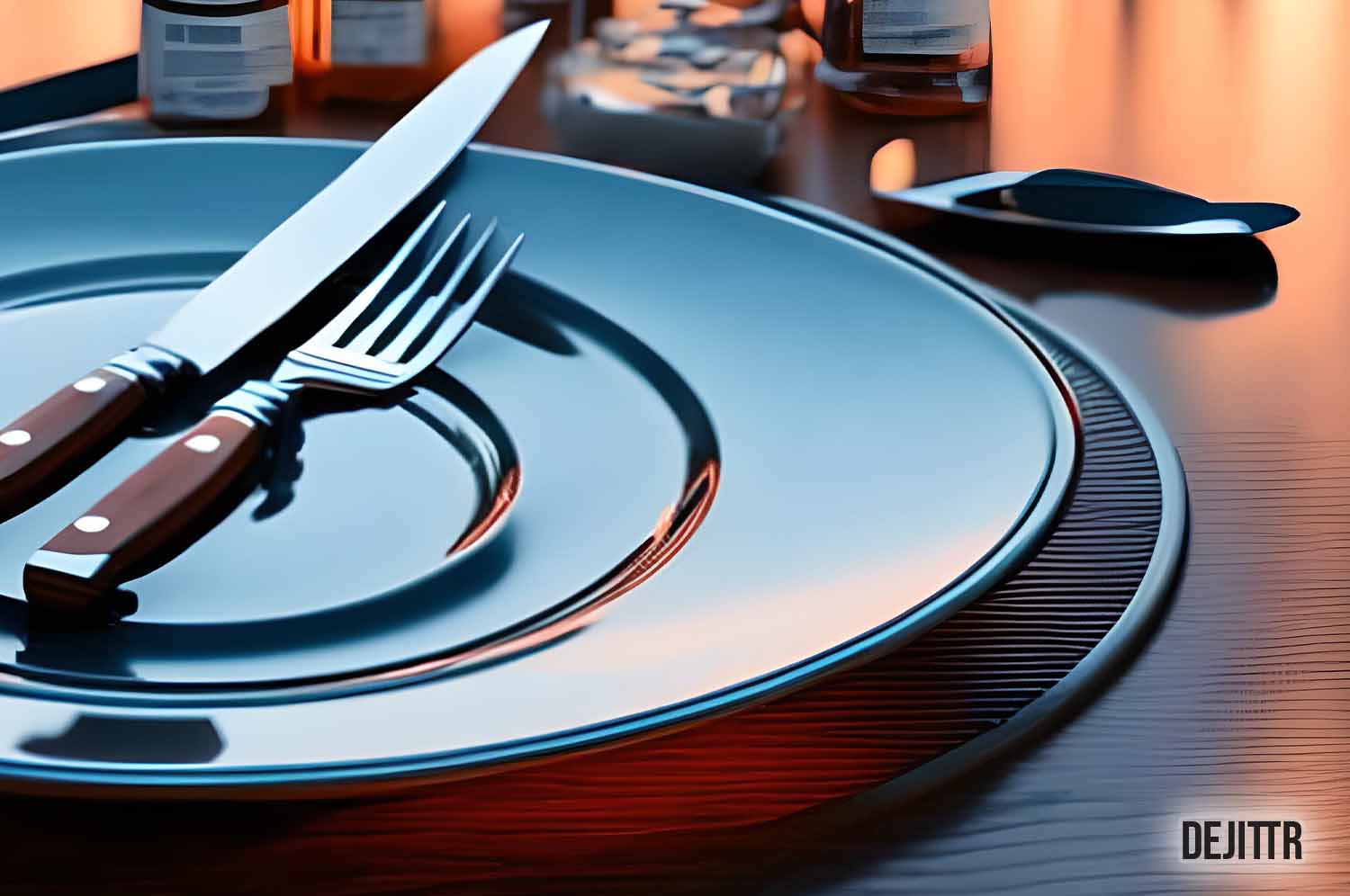Energy drinks and sports drinks are two different things, despite their similarities. And if you are a consumer of Prime Hydration, you might be wondering if it’s an energy drink or how it differs from one.
Key Takeaways:
Prime Hydration is not an energy drink because it doesn’t have stimulating substances like caffeine.
The company does have an energy drink product called Prime Energy. The main difference between Prime Hydration and Prime Energy drink is that one is good for rehydrating the body, while the other provides an energy boost.
In a recent post, I explain the differences between Prime Hydration vs. their Prime Energy drink.
Read on to find out what sets apart an energy drink from a sports drink and why we don’t classify prime hydration as an energy drink.
Energy Drinks vs. Sports Drinks
| Comparison | Energy Drinks | Sports Drinks |
| Ingredients: | Water, Sugar, Caffeine, Sweeteners, Herb Extracts | Water, Electrolytes, Carbs |
| Goal: | Instant Energy And Stimulation | Rehydration and Replenishment Of Lost Electrolytes |
| Example: | Red Bull, Rockstar, Monster | Gatorade, Powerade, Prime Hydration |
Check out my Prime vs. Red Bull Analysis after you’re done reading this post:
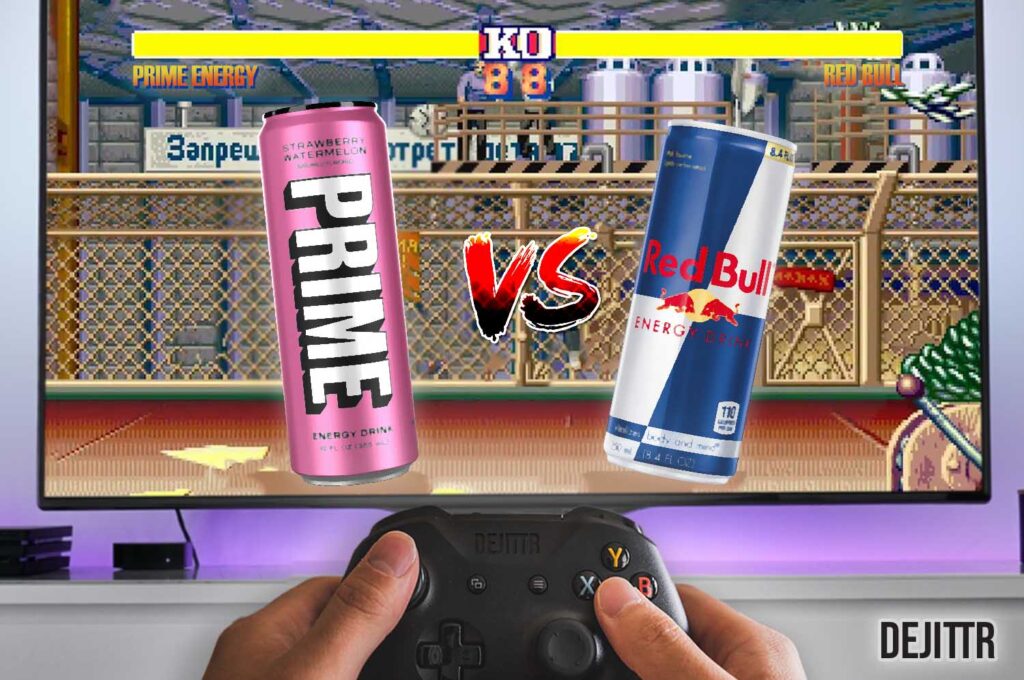
What Is an Energy Drink?
Energy drinks are any beverage containing high quantities of a stimulant component, often caffeine, sugar, and supplements like vitamins.
Generally, energy drinks are marketed as a product capable of improving mental alertness and physical performance.
Caffeine and sugar are what provide the effects of an energy drink. The effects of energy drinks on mental performance are attributable to the caffeine they contain, including improved focus and quicker reactions.
The purpose of consuming an energy drink is to increase your stamina, mental alertness, and ability to focus. As a result, they are increasingly popular among consumers of all ages.
The caffeine in energy drinks is just one of several substances.
While most energy drinks rely on sugar as their primary calorie source, others are sugar-free and suitable for those watching their carbohydrate intake.
Also, there are amino acid derivatives, herbal extracts, and B vitamins in energy drinks.
Don’t confuse energy drinks with sports drinks, used before, during, or after strenuous physical exercise to replenish fluids and electrolytes lost via sweat.
Also, you should not confuse them with coffee or tea, which are brewed, have fewer ingredients, and may be made without caffeine.
Energy drinks are also distinct from soft drinks, which have almost less to negligible caffeine content.
Some energy drinks are classified as beverages, whereas others that include food ingredients may be sold under the supplement category.
Some popular examples of energy drinks include Red Bull, Monster, Bang Energy, Rockstar, etc.
What Is a Sports Drink?
Sports drinks, often known as electrolyte drinks, are functional beverages marketed at athletes for use before, during, and especially after exercise or to assist in replenishing electrolytes, fluids, and energy.
By sweating and using energy, athletes experience a loss of body fluids and electrolytes.
So by replacing lost fluids, providing a carbohydrate boost, and fortifying your body with additional nutrients, sports drinks are often seen as a fix for this issue.
Glucose, electrolytes (sodium, potassium, etc.), and fluids lost during severe activity are represented as being replenished by drinking a sports drink.
Additionally, Vitamin B is also included in some brands, which is linked to higher energy levels (but don’t confuse them with energy drinks, which are a different thing). Sports drinks are either heavy in sugar or low in sugar and flavoring.
Sports drinks are formulated with a unique combination of sugar and electrolytes for rapid rehydration. People who exercise at a high intensity for longer than an hour, particularly if they perspire substantially, may benefit from consuming a sports drink.
Similarities Between Energy Drink And Sports Drinks
- In a broad view, energy and sports drinks are meant to energize your body in some way or another. (They have similar goals).
- Both beverages include water and carbs as their ingredients.
Difference Between Energy Drinks And Sports Drinks
- The most striking difference between both beverages is the presence or absence of stimulating substances like caffeine. Energy drinks are caffeine-based drinks, while sports drinks are not.
- Even though both drinks are for re-energizing your body broadly, their specific use case and purpose are different.
Energy Drinks vs. Sports Drinks: Use Case
Sports drinks are used to restore lost electrolytes after any intense activity. In contrast, energy drinks are used to increase mental alertness.
A sports drink is a good idea if your workout lasts more than an hour, especially if it will take place outside on a hot, sunny day.
On the other hand, it’s the perfect time to take a sip of an energy drink, whether at work, gaming, or studying, and need some instant boost to increase your focus and alertness.
In recent news, Logan Paul and KSI released a Prime energy drink. I’ve written several articles about it below:
- Prime Energy Drink Ingredient Analysis
- Prime Energy vs. Red Bull: Nutrition, Popularity, & More
- Prime Energy vs. Gatorade: Ingredient & Brand Analysis
Why Is Prime Hydration Not an Energy Drink?
Prime is not an energy drink because it doesn’t contain caffeine. The ingredient contents of Prime Hydration are as follows:
- Coconut Water
- Zero Sugar
- BCAAs
- Antioxidants
- Zinc
- Electrolytes
Highly Recommended Read:
Lately, BCAAs seem to be on every label as a selling point, but are they essential for the body? You’re in luck because we wrote an excellent resource demystifying BCAAs. When you’re done reading this article, check out our article on What Are BCAAs, & Are They Worth the Hype? (8-minute read).
So as you see, there’s no caffeine or other stimulating substance. Prime hydration drink is a mixture of water, electrolytes, sugar, and a few other components, so we don’t classify it as an energy drink.
Check out our detailed review of Prime Hydration to know more about it.
Are Hydration Drinks Also Considered Sports Drinks?
Since sports drinks are hydration drinks, the vice versa also holds true. Sports drinks come in three varieties: isotonic, hypertonic, and hypotonic, and they are used to refresh your body after exercise.
Hypotonic sports drinks include the least amount of salt and sugar, followed by isotonic and hypertonic sports drinks with the highest amounts. Each kind of sports drink performs a somewhat different function in addition to having a distinct makeup.


